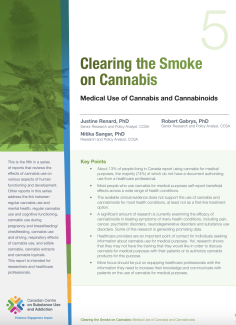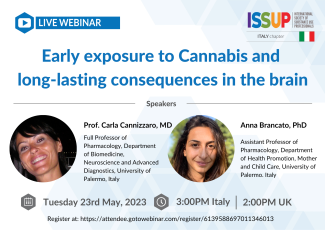Clearing the Smoke on Cannabis and Cannabinoids: Medical Use of Cannabis and Cannabinoids
The report, "Clearing the Smoke on Cannabis: Medical Use of Cannabis and Cannabinoids 2024 Update," examines the medical use of cannabis and cannabinoids, emphasizing their effects, efficacy, and the need for more rigorous research. Key...



